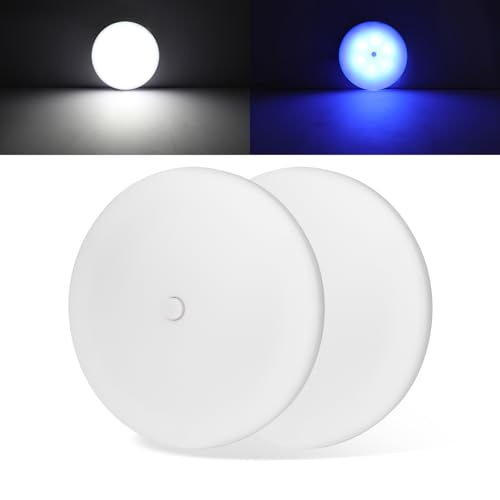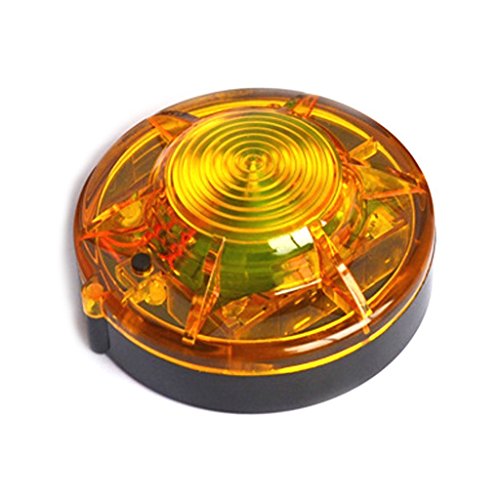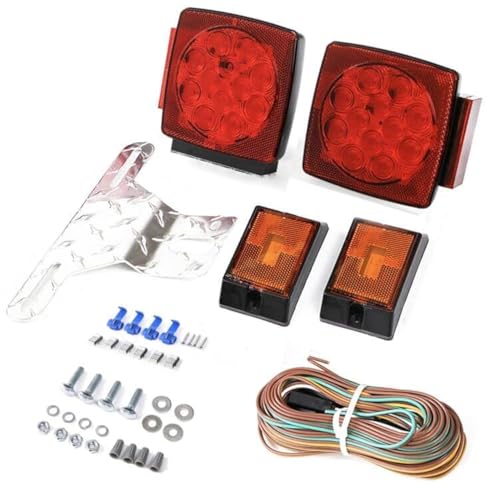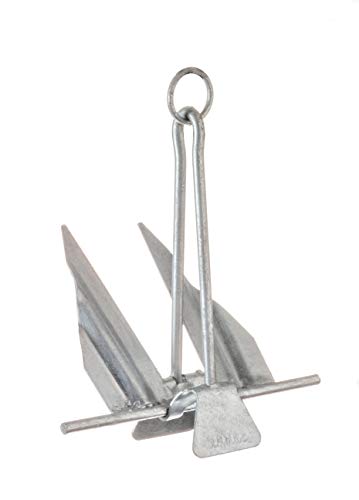Douglasdzaster
Well-known member
- Joined
- Sep 19, 2020
- Messages
- 780
- Reaction score
- 462
- Location
- Smithville,Texas
- LOCATION
- Smithville, Texas
I’m finishing rewiring my boat and got a new Garmin in the process.
I cut off the fuse holder they had on it which was for glass fuses. I used step down butt connectors and ran my 14awg to the fish finders own battery and put an inline fuse holder for blade fuses at the battery (everything else goes through a switch panel and fuse block except for the bilge pump). Again instead of leaving the one it came with way down the line. I fuse everything at the power source.
I was reading about my new Garmin some more the other day and noticed it said to be sure and use fast acting or fast blow fuses.
I started researching and I keep coming up with the old glass fuses as being fast acting.
My question is are there fast acting blade fuses and should I even be worried about it? It’s just a 3 amp that would probably go quick anyway.
Thanks for any opinions and advice.
I cut off the fuse holder they had on it which was for glass fuses. I used step down butt connectors and ran my 14awg to the fish finders own battery and put an inline fuse holder for blade fuses at the battery (everything else goes through a switch panel and fuse block except for the bilge pump). Again instead of leaving the one it came with way down the line. I fuse everything at the power source.
I was reading about my new Garmin some more the other day and noticed it said to be sure and use fast acting or fast blow fuses.
I started researching and I keep coming up with the old glass fuses as being fast acting.
My question is are there fast acting blade fuses and should I even be worried about it? It’s just a 3 amp that would probably go quick anyway.
Thanks for any opinions and advice.























































